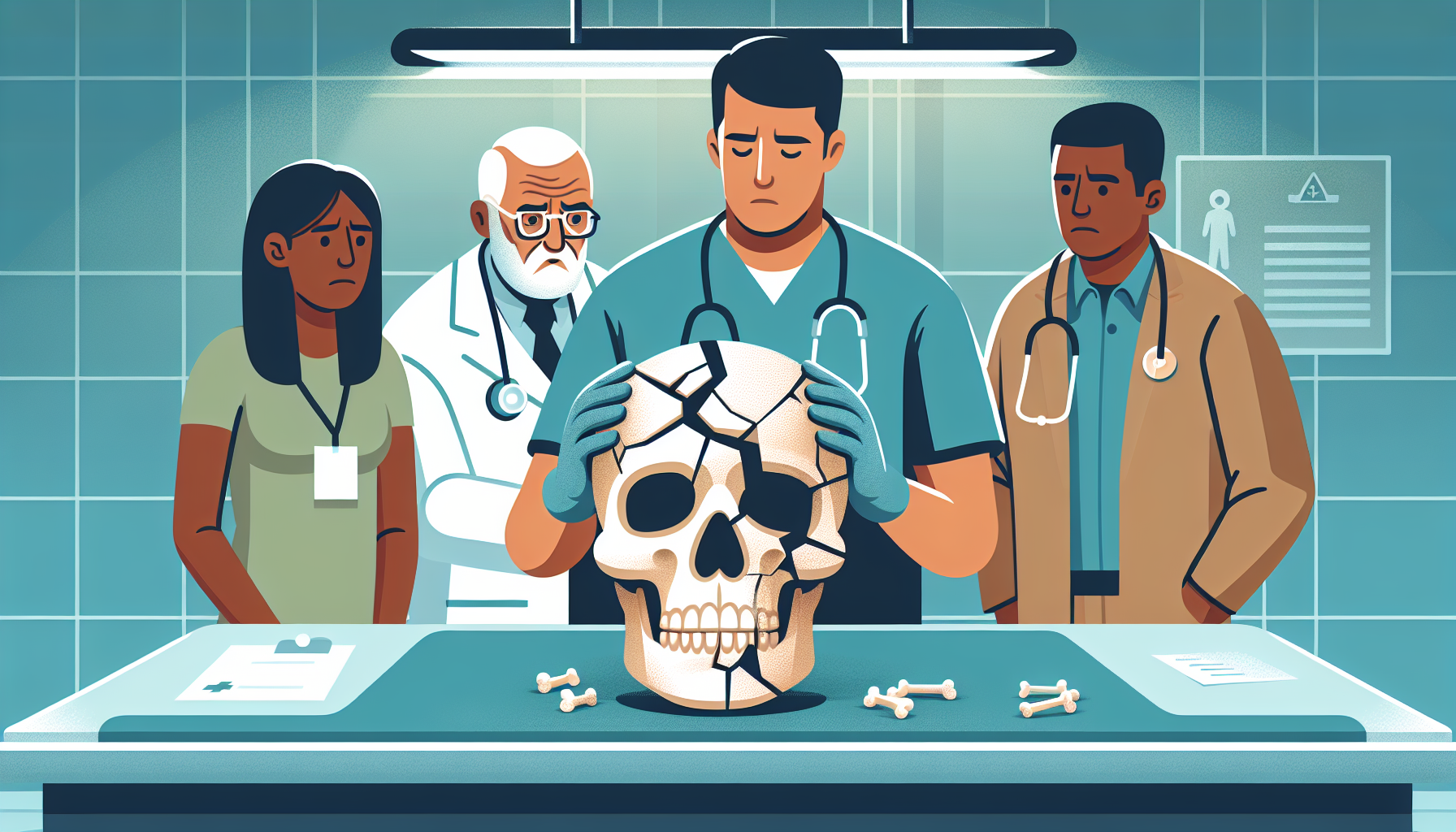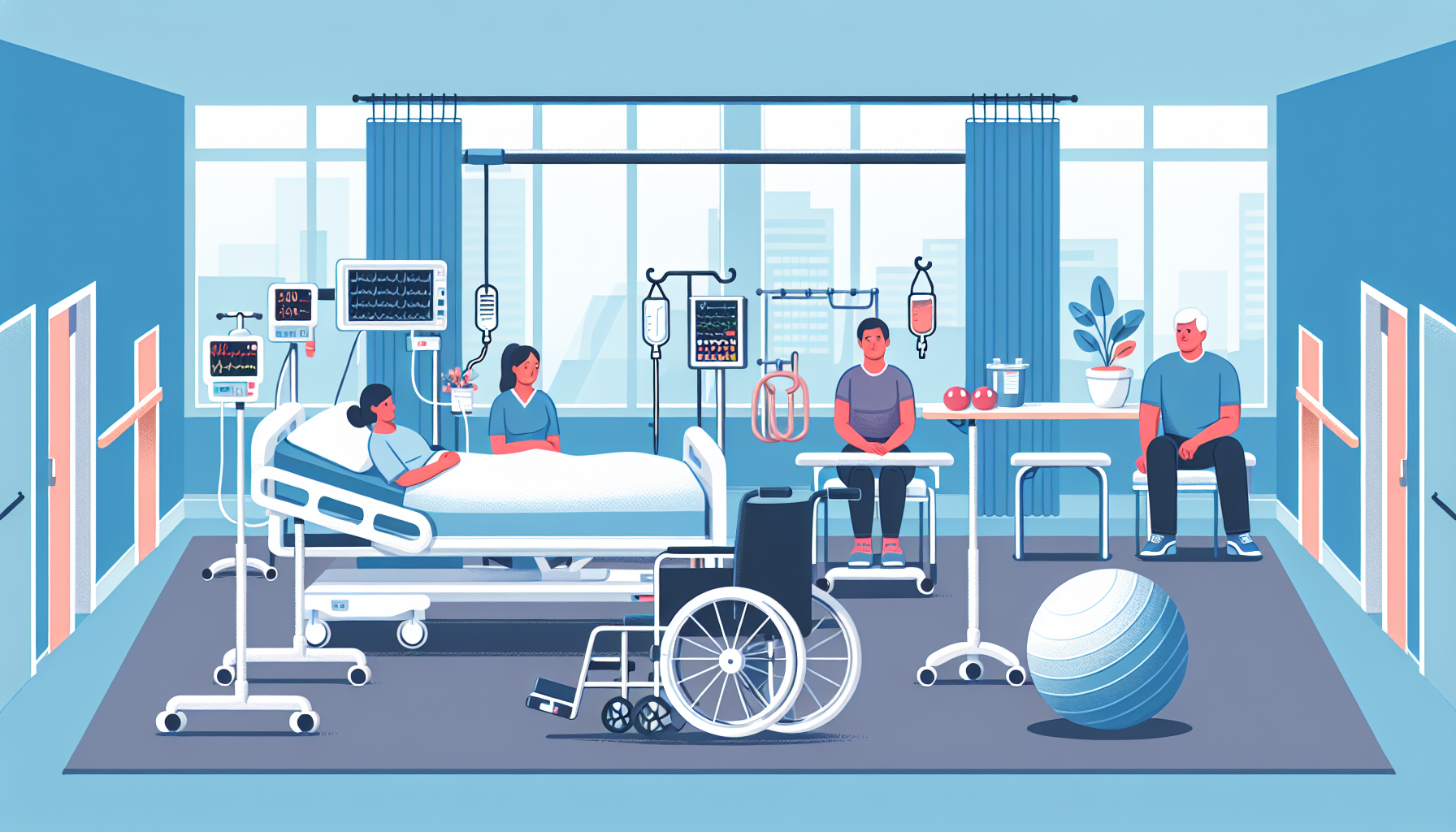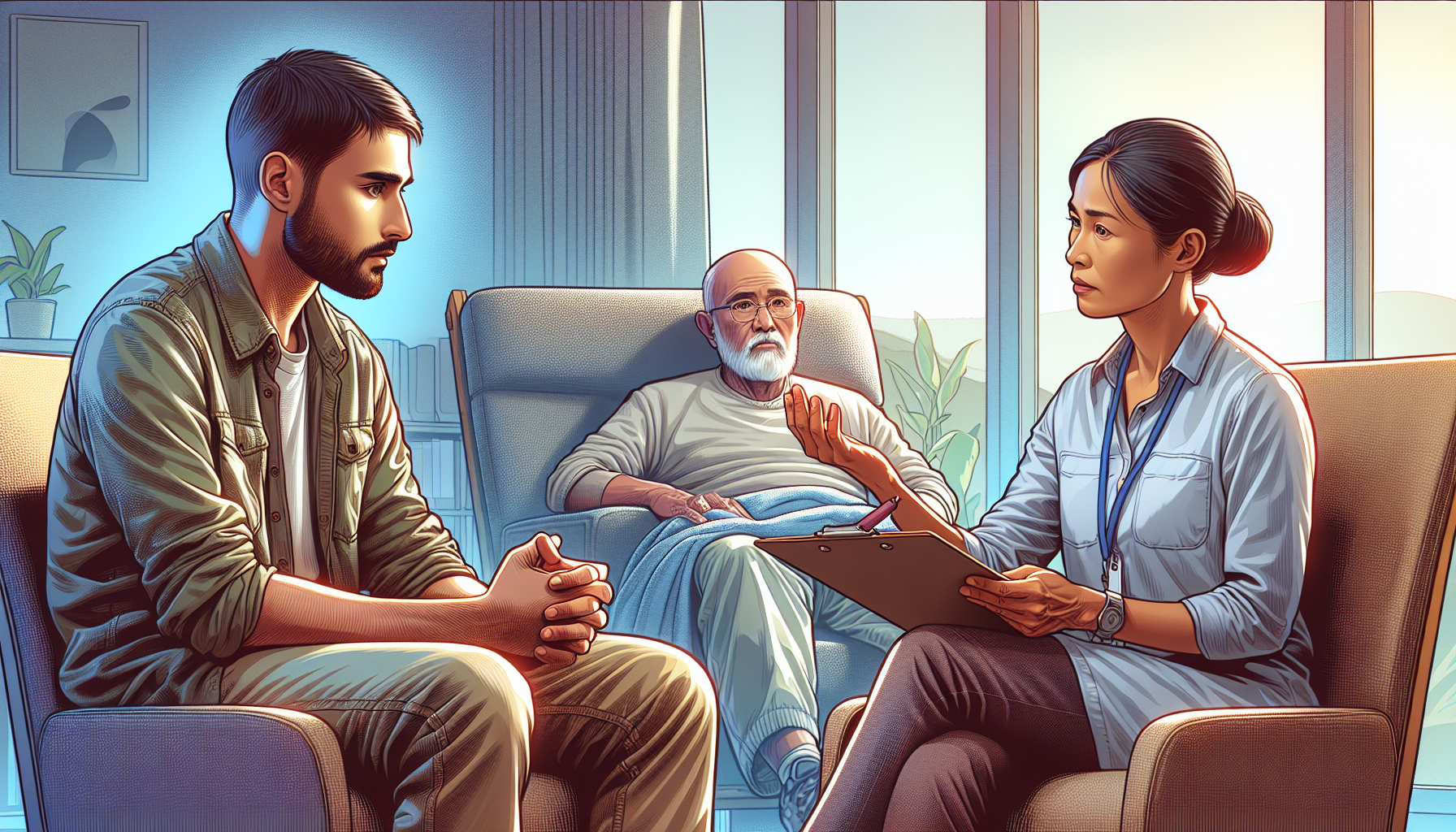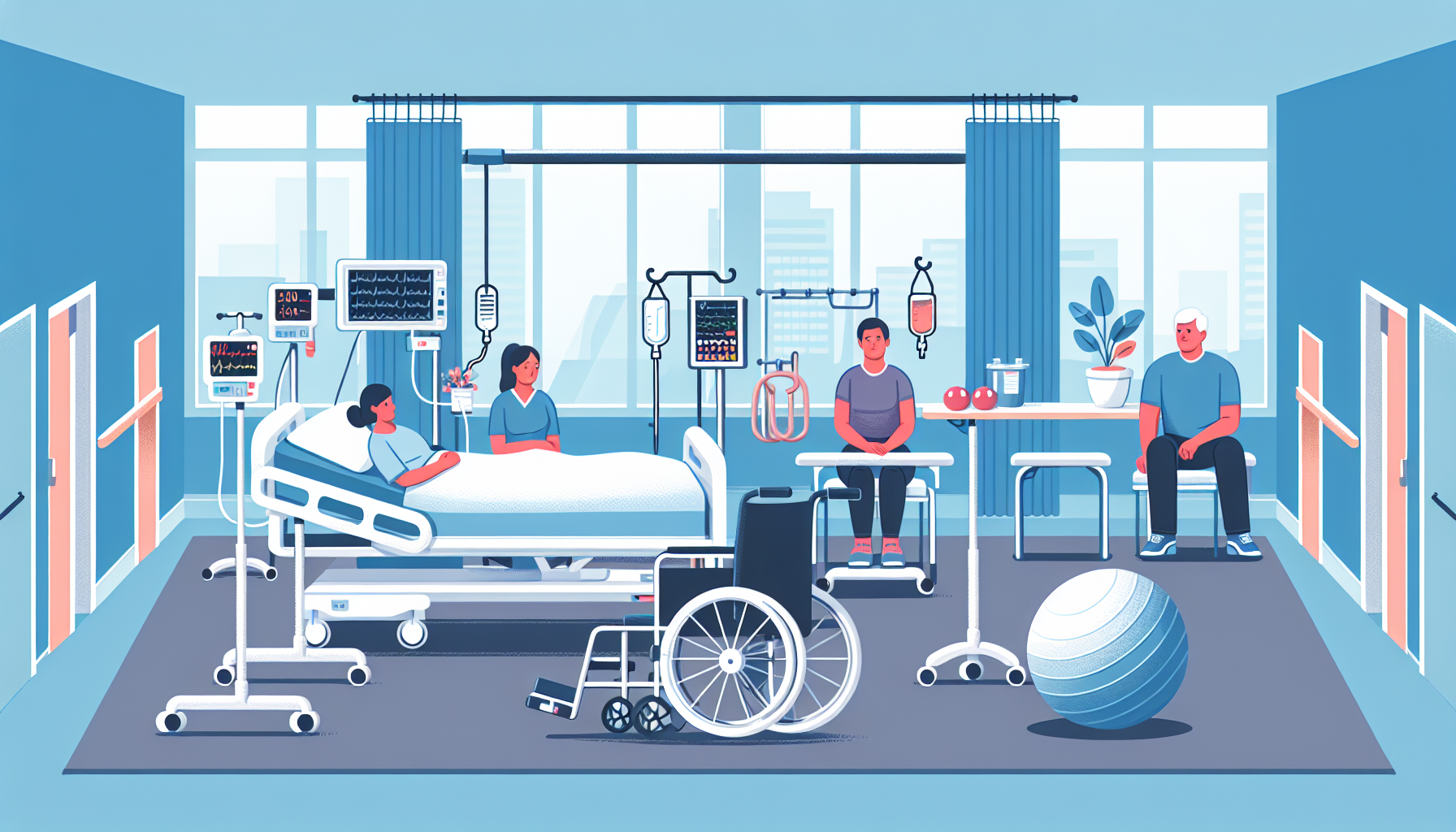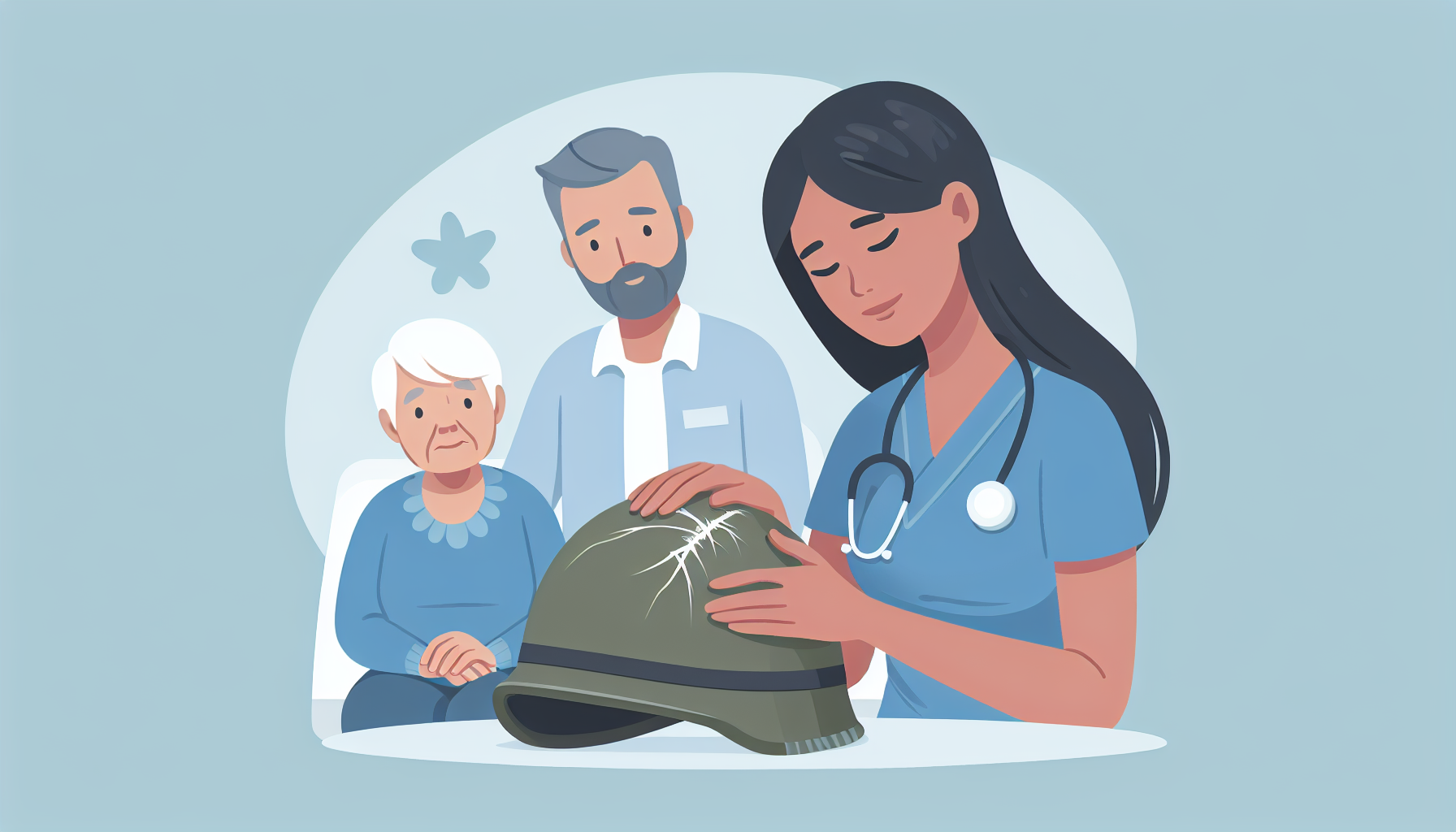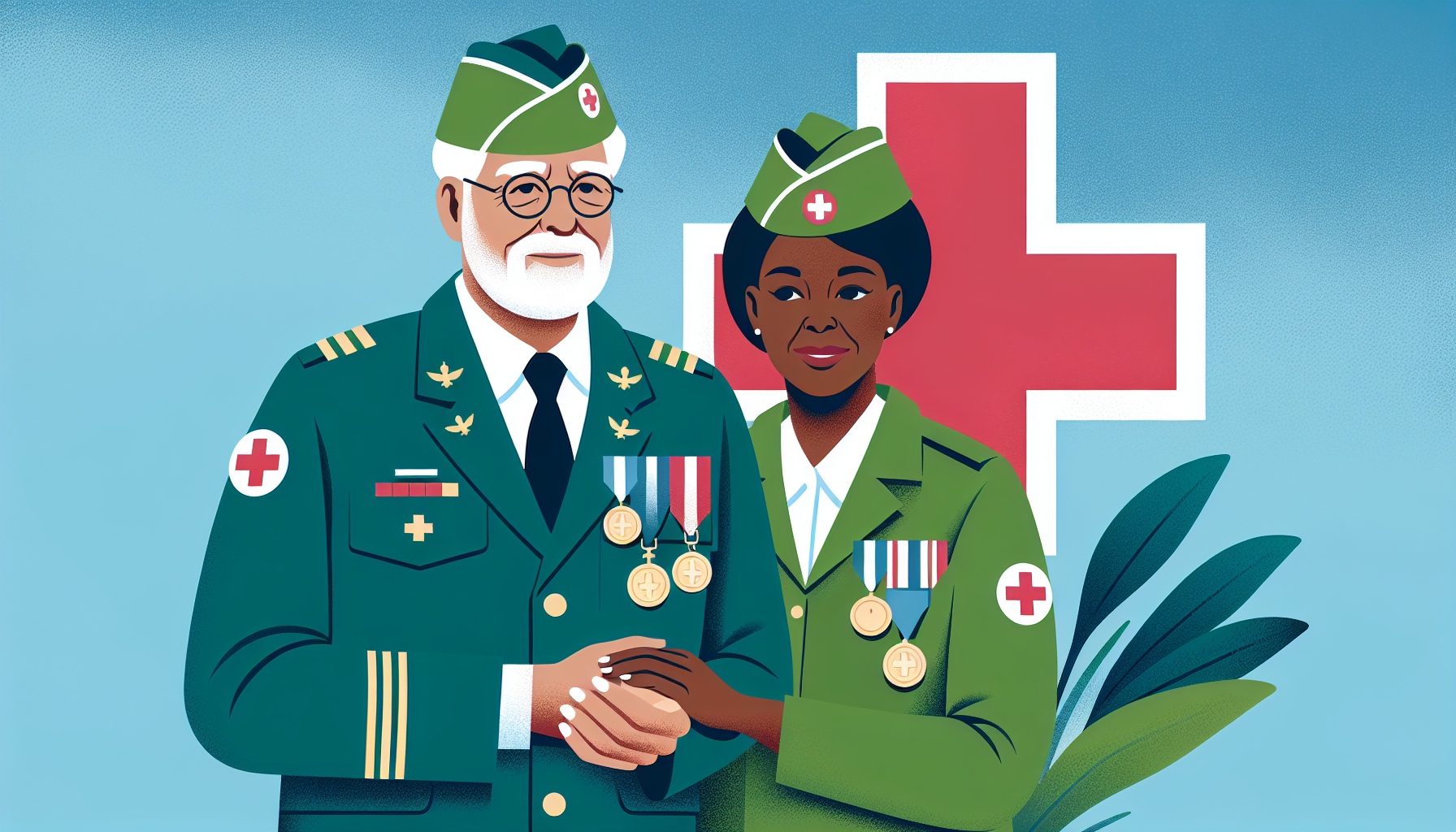Definition
Travel reimbursement, in the context of VA benefits, refers to the compensation provided to eligible veterans, service members, or their families to cover the cost of transportation when accessing VA medical facilities. This benefit aims to support those who need to travel for medical care, appointments, or other VA-related services. Eligibility for travel reimbursement varies and may depend on factors such as disability rating, financial income threshold, or special needs.
Key Takeaways
- Travel reimbursement, or “Beneficiary Travel,” is a VA benefit that compensates eligible veterans and beneficiaries for the cost of travel to and from VA medical facilities for medical appointments and treatments.
- To be eligible, the veteran or beneficiary must meet certain criteria such as financial need, medical condition requiring VA care, or living more than a specific distance from the nearest VA facility.
- Claims for travel reimbursement must be submitted within 30 days of the travel date, and the process can be done through the local VA facility in person, online through eBenefits or AccessVA, or by mail.
Importance
Travel Reimbursement is a crucial aspect of VA benefits as it helps eligible veterans and their families cover transportation expenses related to obtaining medical care from VA health care facilities.
This financial support can ease the burden on veterans who often need to travel long distances to access the specialized care they require.
In doing so, it prioritizes the health and well-being of veterans by making medical services more accessible and affordable, ensuring that those who have served and sacrificed for their country receive the support they need to maintain their quality of life.
Explanation
Travel reimbursement serves as a valuable provision under VA benefits to assist eligible veterans and their caregivers in covering the expenses incurred while traveling for medical care. Recognizing the financial burden that transportation costs may impose on veterans and their families, this initiative is designed to alleviate stress and enable easier access to essential healthcare services that may not be readily available in a veteran’s local region.
Through travel reimbursement, veterans are able to receive treatments and attend appointments with specialists at VA facilities or authorized non-VA healthcare providers without being unduly burdened by costs. This program showcases the commitment of the VA in addressing the comprehensive needs of veterans, beyond just medical care, to improve their quality of life.
To ensure that veterans can benefit from this program, the VA evaluates eligibility criteria based on various factors such as service-connected disabilities, receiving VA pensions, or having low income. Additionally, some non-veterans, like approved caregivers, attending family members, and those receiving the Civilian Health and Medical Program of the Department of Veterans Affairs (CHAMPVA) benefits may also qualify for travel reimbursement.
Once deemed eligible, beneficiaries are reimbursed for the actual cost of travel using the most direct route, including expenses for public transportation, privately owned vehicles, or specially equipped vehicles to accommodate disabilities. By offering such support, the VA benefits system aims to promote a culture of fairness and inclusivity, ensuring that no veteran is left untreated or hindered by travel costs when seeking medical care.
Examples of Travel Reimbursement
Travel reimbursement is a part of the VA Benefits that compensates veterans for their travel expenses related to receiving healthcare services. Here are three real-world examples of travel reimbursement:
A veteran living in a rural area has a scheduled appointment at a VA medical center located 100 miles away from their residence. The veteran drives their personal vehicle to the appointment and must pay for fuel to get there. Under the VA Travel Reimbursement program, the veteran can submit a claim for the cost of fuel incurred during the trip, as well as additional expenses like parking fees or tolls, if necessary.
A disabled veteran needs to attend a physical therapy session at a VA clinic that is not easily accessible via public transportation. The veteran uses a wheelchair-accessible taxi service to get to and from the clinic. The VA Travel Reimbursement program may reimburse the veteran for the cost of the wheelchair-accessible taxi service, ensuring they can attend necessary medical appointments without incurring financial burden.
A veteran is referred to a specialist located in a different state for a medical evaluation and treatment recommendation. The veteran books a flight and hotel for the visit and pays out-of-pocket to cover these travel costs. Upon returning home, the veteran can submit a VA travel reimbursement claim for the flight and hotel expenses, as well as any additional costs related to ground transportation, meals, and parking fees during their trip.In all these examples, the VA Travel Reimbursement program aims to ensure veterans have access to essential healthcare services without being burdened by the costs associated with traveling to and from their appointments.
FAQ: Travel Reimbursement for VA Benefits
What is Travel Reimbursement?
Travel Reimbursement is a VA benefit that provides eligible Veterans with financial assistance to cover travel expenses related to obtaining VA healthcare services, VA-approved care from a community provider, and attending VA appeal proceedings.
Who is eligible for Travel Reimbursement?
Eligible Veterans include those with service-connected disabilities, receiving VA pensions, traveling for treatment related to service-connected conditions, and with circumstances affecting their ability to meet their basic needs. There are specific requirements for each category of eligibility, so it’s essential to verify the guidelines set by the VA.
How do I apply for Travel Reimbursement?
To apply for Travel Reimbursement, Veterans can submit a completed VA Form 10-3542 (Veteran/Beneficiary Claim for Reimbursement of Travel Expenses) online through their VA healthcare portal, by mailing or faxing it to the appropriate VA facility, or in person at their local VA medical facility.
What expenses are covered under Travel Reimbursement?
Travel Reimbursement generally covers expenses related to transportation, such as mileage, parking fees, tolls, and public transportation fares. However, it does not include accommodation, meals, or other personal expenses. Coverage varies under different VA travel programs, so Veterans must review their specific eligibility and potential reimbursement amounts.
How long does it take to receive Travel Reimbursement?
The VA processes and approves Travel Reimbursement claims within 30 days, but the timeline may change depending on the receipt of accurate documentation and the workload at the processing center. Veterans can check the status of their claim by contacting their local VA facility or logging into their VA healthcare portal.
Related VA Benefit Terms
- Beneficiary Travel
- Eligible Mileage
- Medically Necessary Travel
- Special Mode Transportation
- Travel Expense Claim
Sources for More Information
- U.S. Department of Veterans Affairs
- VA Benefits and Health Care
- Military.com
- Veterans United Network
 Benefits.com Advisors
Benefits.com Advisors
With expertise spanning local, state, and federal benefit programs, our team is dedicated to guiding individuals towards the perfect program tailored to their unique circumstances.
Rise to the top with Peak Benefits!
Join our Peak Benefits Newsletter for the latest news, resources, and offers on all things government benefits.



















